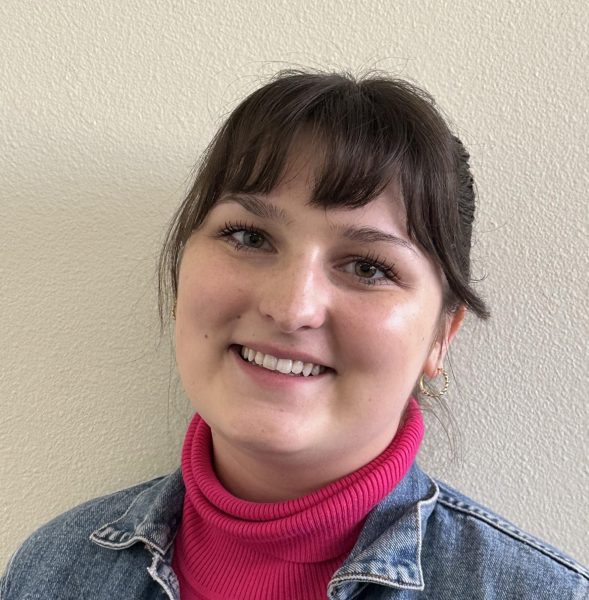For the last two years, Sonoma County officials have been working to combat the climate emergency by planning new ways for residents to live a more sustainable lifestyle. On Nov. 1, Sonoma County Supervisors Susan Gorin (D-1) and Lynda Hopkins (D-5) hosted a virtual town hall forum to gather input from county residents as well as update the public on the current state of the Climate Action and Resiliency Action plan that was put into motion in 2021.
“The community could be ahead of us in many ways, and we want to hear from you,” Gorin said. The Sonoma County office invited officials of Bay Area offices and organizations to present at the meeting. Organizations included the Regional Climate Protection Authority, the Bay Area Regional Energy Network, the Building Decarbonization Coalition, Fire Safe Sonoma, the Sonoma Ecology Center, and the Regional Climate Protection Authority. Each of these officials were available to answer questions in an open Q&A session at the end of their presentations.
The Climate Action and Resiliency Plan is just one pillar in the larger Sonoma County Five-year Strategic Plan to improve many aspects of the county’s infrastructure, and for county facilities to become completely carbon neutral by 2030.
Since 2021, there has been some progress towards the plan’s goals, such as implementing clean air public transportation, community outreach and education, creating carbon-neutral workforce development programs, securing grants to plant trees on unused land and researching for upcoming projects.
The objective of many of the infrastructure projects is to benefit underserved communities in Sonoma County by providing housing with upgraded water and other utilities. One upcoming project is to establish electrical microgrids in certain communities and housing projects to decrease the county’s dependence on PG&E.
“I think there’s also a real lack of data for us and how our residents and businesses are using energy, are using transportation,” said Tanya Narath, Director of Climate Programs at RCPA. “The factors that influence choices specifically here and what we can do to fill those gaps are part of what we’re trying to achieve with the town hall tonight.”
Some Sonoma County residents disapprove of the Climate Action and Resiliency Plan’s goals because of the cost and believe that focusing on other local issues is a better use of resources and public funds.
A commenter named KAM on a Press Democrat Article about the town hall said, “[Sonoma County] should not exceed climate regulations that are legally required by the state, which are already some of the most far-reaching in the country.”
Senior GEP major Cole Carignan said Sonoma County doesn’t need to pursue any further action regarding climate change. Carignan said, “I thinkSonoma County should work on figuring out some permanent housing for the homeless instead of putting them in encampments.”
Conversely, Shannon Casteel, sophomore biochemistry major said she thinks Sonoma County is going to be a leader in California’s action in the global climate emergency. “Even if they cost money now we will have to spend even more later and have the guilt of thousands of casualties,” Casteel said. “The local governments have a very challenging situation to handle, however, it is their duty to protect the people and animals of the earth.”
Francesca Eccles, a junior early childhood studies major, says something she would like to see the county focus on is restoring and preserving natural habitats. “I see a few places restoring and maintaining natural ecosystems, but I would like to see it happen more instead of seeing construction,” Eccles said.
Sonoma County community members are invited to participate in a survey to influence the future of the Climate Action and Resiliency Plan, the survey is currently accessible through the County of Sonoma Regional Parks’ website at https://www.socoparksclimate.com





![[Both photos courtesy of sonoma.edu]
Ming-Ting Mike Lee stepped in as the new SSU president following Sakakis resignation in July 2022](https://sonomastatestar.com/wp-content/uploads/2024/04/CC4520AB-22A7-41B2-9F6F-2A2D5F76A28C-1200x1200.jpeg)



























